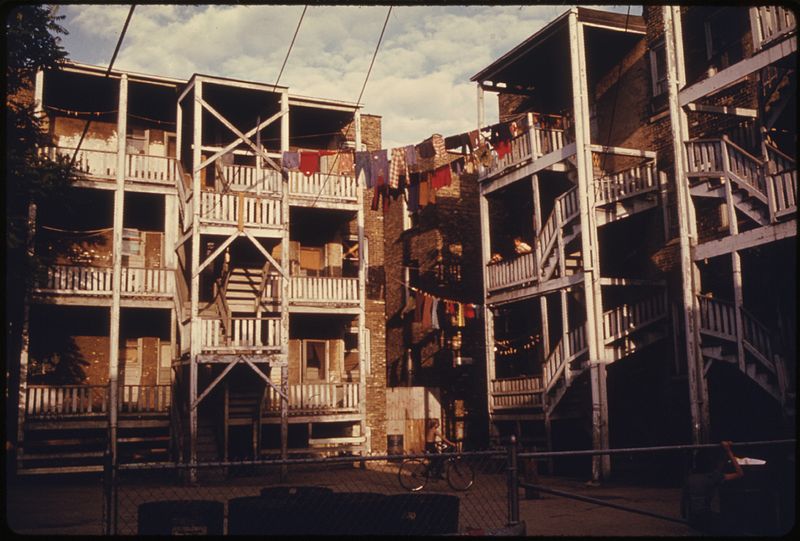Jeison Aristizabal is no stranger to poverty or living with a disability. As a child, a doctor once told his family it would be difficult for him to achieve anything because of his cerebral palsy. Growing up in an impoverished area in Cali, Colombia, Aristizabal witnessed many children with disabilities similar to his who also lacked the support they desperately needed. However, Aristizabal was fortunate enough to have a family who understood his condition and enabled him to live an independent life. One child he met who had been bedridden for eight years inspired Aristizabal to create ASODISVALLE, a nonprofit organization focused on providing medical and therapeutic services for children with a range of disabilities. The foundation also runs a school, and all programs are given free of charge to the children’s family.
Remarkably, Aristizabal emerged victorious from facing an incredible amount of adversity. Being forced to watch other kids his age running and playing while his childhood was a slew of surgeries and doctor’s appointments took a toll on him. Paying for his treatment turned out to be an even harder ordeal for his parents, who sometimes had to put off their son’s operations until they had enough money to pay for them. Despite these hurdles, Aristizabal pushed himself to lead as normal of a life as he could. He attended a regular school and was even class president at one time.
One of the driving principles of Aristizabal’s foundation is its desire to change the way people view physical, cognitive and mental disabilities. Instead of viewing a child with a disability as someone who doesn’t have much of a future, he wants people to recognize that they have their own unique set of talents that will allow them to find success. Just look at Aristizabal himself — after a rough childhood, he is in law school. He hopes to learn more about the Colombian legal system so he can lead the cause for legislation that improves treatment of the disabled.
Mental illness in particular is a growing problem in the United States. On top of that, a large portion of mentally ill people in this country are incarcerated instead of treated. If we were to implement more organizations like ASODISVALLE over here, then perhaps less children with disabilities would end up in prison, and more would be able to receive the support and medical attention they need.
Asha Kodan is a freshman biology major. She can be reached at ashakodan@ymail.com.



